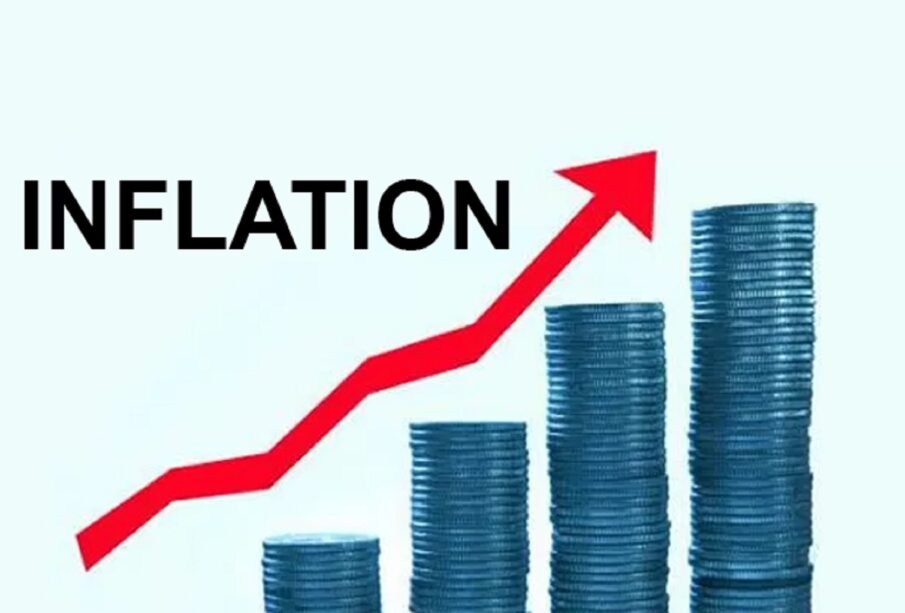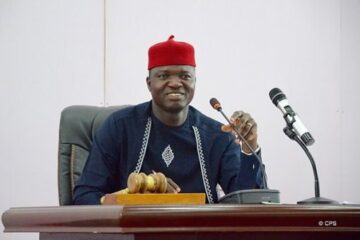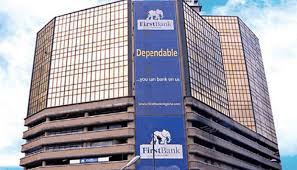
The Lagos Chamber of Commerce and Industry has warned the Federal Government to find urgent solutions to the issues of Nigeria’s growing debt burden, inflationary pressure as well as the worsening foreign exchange crisis.
The President of the Chamber, Mr Michael Olawale-Cole, according to The Punch, said this in his address during the chamber’s quarterly economic outlook briefing held in Lagos on Tuesday.
Olawale-Cole said the combined forces of rising inflation, weakening growth, worsening disruption to supply chains due to the war in Ukraine, and the fragile recovery from the Covid-19 lockdown, had all heightened the concerns about stagflation, worsened poverty, and recession.
He further noted that despite the 3.11 per cent GDP growth announced by the National Bureau of Statistics in the first quarter of 2022, the economy was still facing a wide range of issues that have exacerbated Nigerians’ standard of living.
He said, “Nigeria’s trade balance stood at a surplus of N1.2tn in the first quarter of 2022. To sustain this trade surplus, we need more investment in export infrastructure, enhanced and automated port operations, tackling high production costs, and boosting the supply-side of the forex market to improve liquidity and ease access to forex. We need to also diversify our exports by boosting our local refining capacity, production of petrochemical products, and accelerating reforms in the Oil & Gas sector to attract more foreign investments in the coming months.”
On the worsening foreign exchange crisis that has posed serious problems for organised business, the chamber proposed a unification of the forex market, a sentiment earlier echoed by World Bank Group President, David Malpass, during IMF/World Bank Spring Meeting.
“The naira has recorded unprecedented volatility in the first quarter of 2022 with a widening premium between the official rate (at N415/USD) and the BDC/parallel market rate (of N615/USD). The chamber’s position is that monetary authorities need to liberalize the FX market by unifying the multiple FX rates and ensuring FX rates are market-driven.
This is critical in the process of enhancing stability, liquidity, and transparency in the FX market. The unification is expected to improve our currency management framework given that the multiple exchange rate systems have continued to create uncertainties and sources of arbitrage.”
Olawale-Cole, who also spoke on Nigeria’s worrisome debt profile, warned that should the Federal Government continue in its present trajectory, debt servicing would inevitably gulp virtually all of the government’s revenue, thereby making it impossible for any reasonable strides to be made in the area of infrastructural development.
He added, “Nigeria’s debt-servicing bill has increased by 109 per cent from N429bn in 2021 Q4 to N896.56bn in Q1 2022. In Q1 2021, Nigeria spent N310.5bn on domestic debt servicing, while it spent $286.35m (N118.9bn) on external debt servicing, giving a total of N429.4bn. However, in Q1 2022, it was N668.69bn on domestic debt servicing, and $548.79m (N227.87bn) on external debt servicing, giving a total of N896.56bn.
“The borrowings are significantly increasing and Nigeria is struggling to service these debts due to revenue mobilisation challenges and an increased fuel subsidy burden.”











